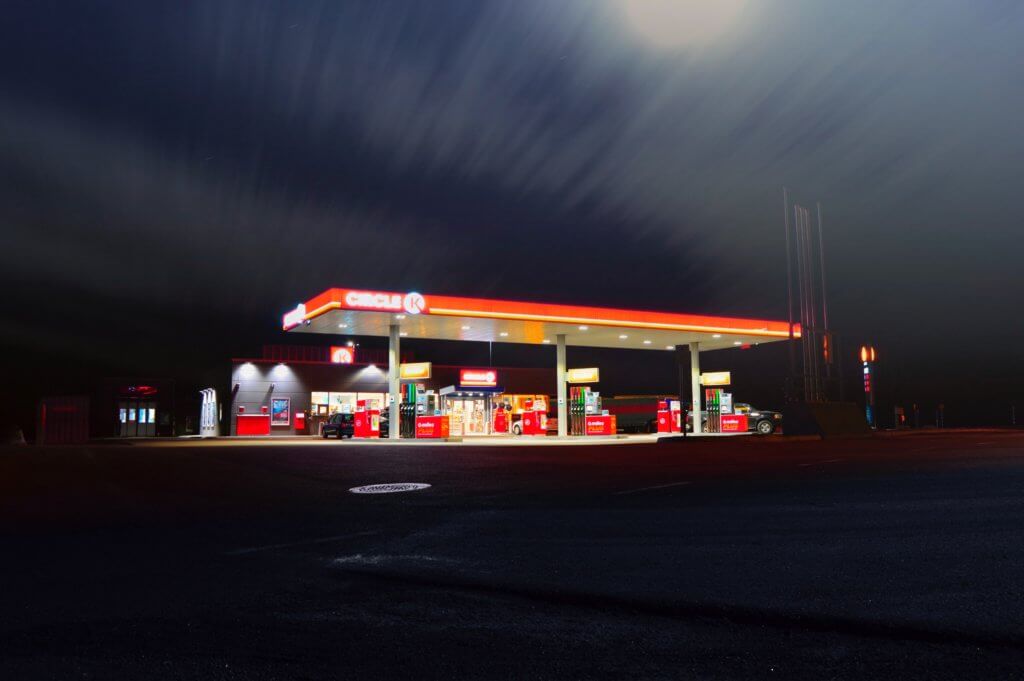The Truth Premium Fuel
 Premium gas usually has an octane level of 92 or 93, while regular gas has an octane level of 87. It’s designed to prevent knock on cars with high compression ratios- a compression ratio being the volume inside the cylinder that is displaced when the piston moves. If you use low-octane gas on a car with a high compression ratio, it's more likely that the gas will ignite prematurely, causing your engine to knock and rattle. A mild knocking sound isn't necessarily harmful to your car, but it certainly isn't something you want and heavy knock could damage your engine.
That said, the majority of cars are designed with a lower compression ratio, so low octane gas is more than adequate to power the engine without producing knock. In fact, few cars actually require premium gasoline these days- usually it's just the luxury cars that do.
The best way to find out what your car requires is to simply look in the owner's manual. If your car requires premium gas, then you need premium gas- your car has a high compression ratio and moving to a lower grade will likely cause knocking, which you really don't want.
If your car recommends premium gas: This is trickier. Today many cars today have internal knock sensors that change the game and can adjust the engine's timing to prevent knock, thus allowing you to use lower octane gasoline if you so choose. If your car merely recommends premium gas, you can typically switch to a lower octane without risking engine damage. You will notice a small drop in performance but it’s usually minimal and hardly noticeable. Some proponents argue that the level of precision performance premium gas provides could make it easier to merge on the freeway or avoid an accident, so it's up to you to decide whether the extra money is worth the extra half second. Some say it can also improve your mileage, but again: you'll have to measure your mileage before and after against the increased cost to see if it makes a cost effective difference. Premium gas costs 15 to 20 cents per gallon more than regular, which can add up to $100 or more a year in extra costs.
So, in the end, the answer is pretty simple: read your owner's manual. You might be surprised at what you find, even if you have a luxury car—if it says recommended, you can go down a grade if you so choose, and if it says required, you should probably stick with the grade it requires. Check out the Federal Trade Commission's fast fact sheet for more info on the benefits of high octane gasoline, and the laws surrounding it.
Premium gas usually has an octane level of 92 or 93, while regular gas has an octane level of 87. It’s designed to prevent knock on cars with high compression ratios- a compression ratio being the volume inside the cylinder that is displaced when the piston moves. If you use low-octane gas on a car with a high compression ratio, it's more likely that the gas will ignite prematurely, causing your engine to knock and rattle. A mild knocking sound isn't necessarily harmful to your car, but it certainly isn't something you want and heavy knock could damage your engine.
That said, the majority of cars are designed with a lower compression ratio, so low octane gas is more than adequate to power the engine without producing knock. In fact, few cars actually require premium gasoline these days- usually it's just the luxury cars that do.
The best way to find out what your car requires is to simply look in the owner's manual. If your car requires premium gas, then you need premium gas- your car has a high compression ratio and moving to a lower grade will likely cause knocking, which you really don't want.
If your car recommends premium gas: This is trickier. Today many cars today have internal knock sensors that change the game and can adjust the engine's timing to prevent knock, thus allowing you to use lower octane gasoline if you so choose. If your car merely recommends premium gas, you can typically switch to a lower octane without risking engine damage. You will notice a small drop in performance but it’s usually minimal and hardly noticeable. Some proponents argue that the level of precision performance premium gas provides could make it easier to merge on the freeway or avoid an accident, so it's up to you to decide whether the extra money is worth the extra half second. Some say it can also improve your mileage, but again: you'll have to measure your mileage before and after against the increased cost to see if it makes a cost effective difference. Premium gas costs 15 to 20 cents per gallon more than regular, which can add up to $100 or more a year in extra costs.
So, in the end, the answer is pretty simple: read your owner's manual. You might be surprised at what you find, even if you have a luxury car—if it says recommended, you can go down a grade if you so choose, and if it says required, you should probably stick with the grade it requires. Check out the Federal Trade Commission's fast fact sheet for more info on the benefits of high octane gasoline, and the laws surrounding it.
